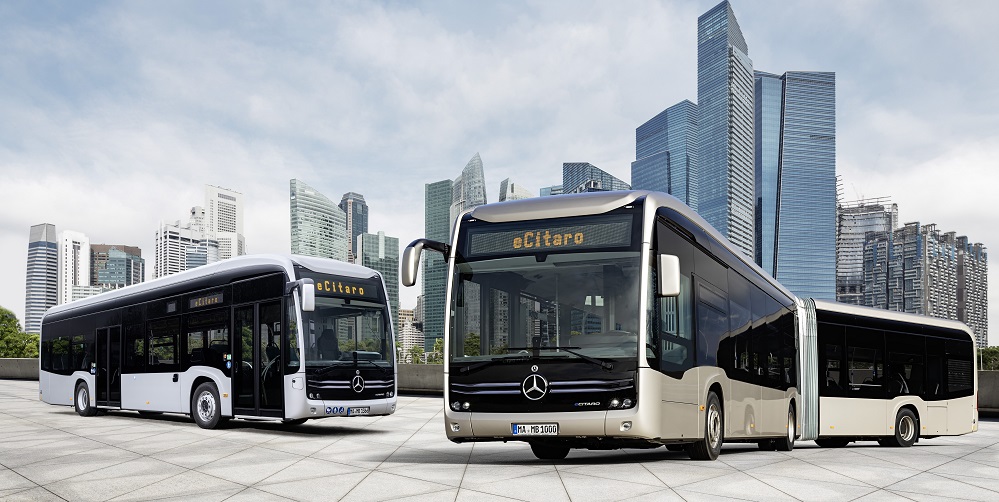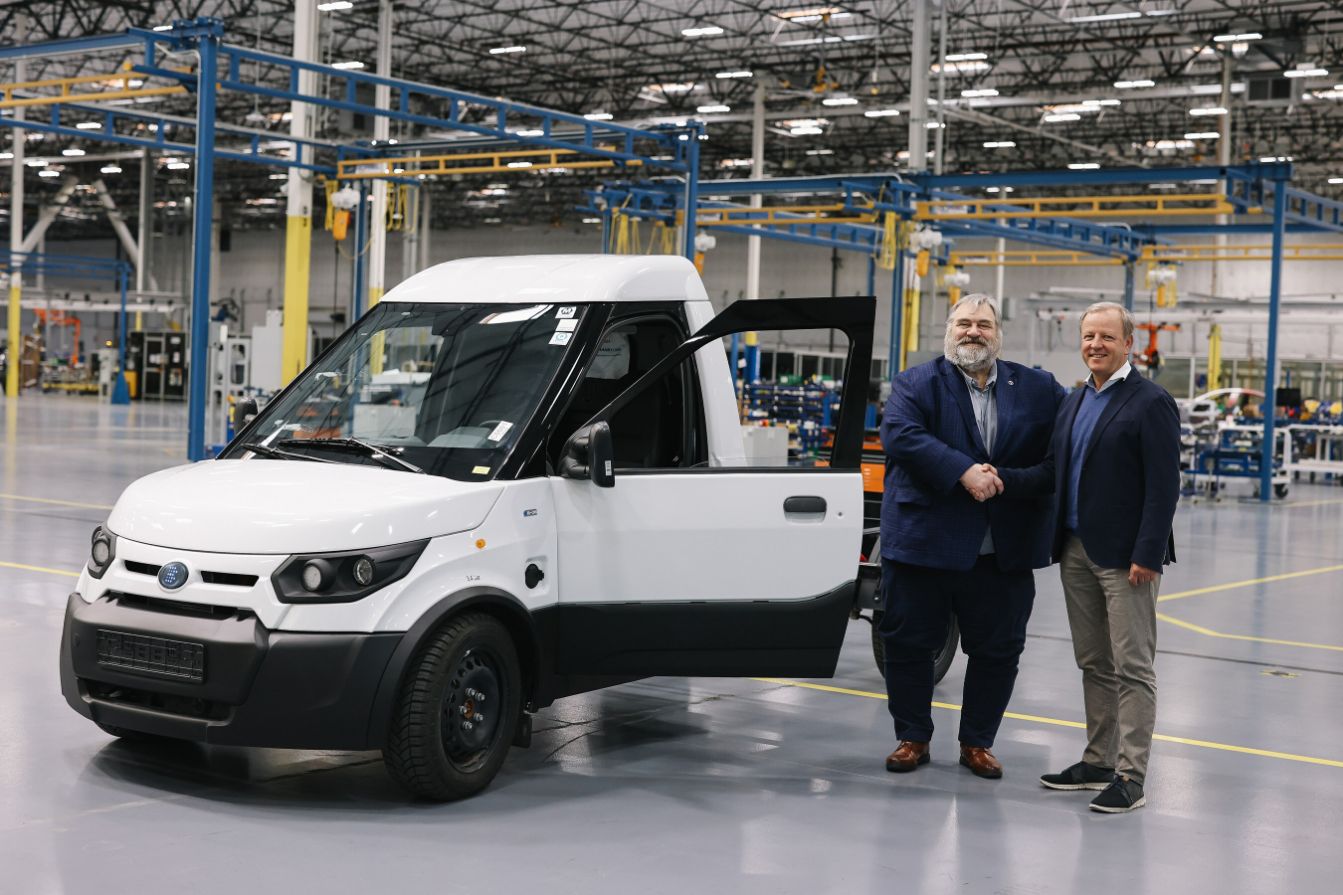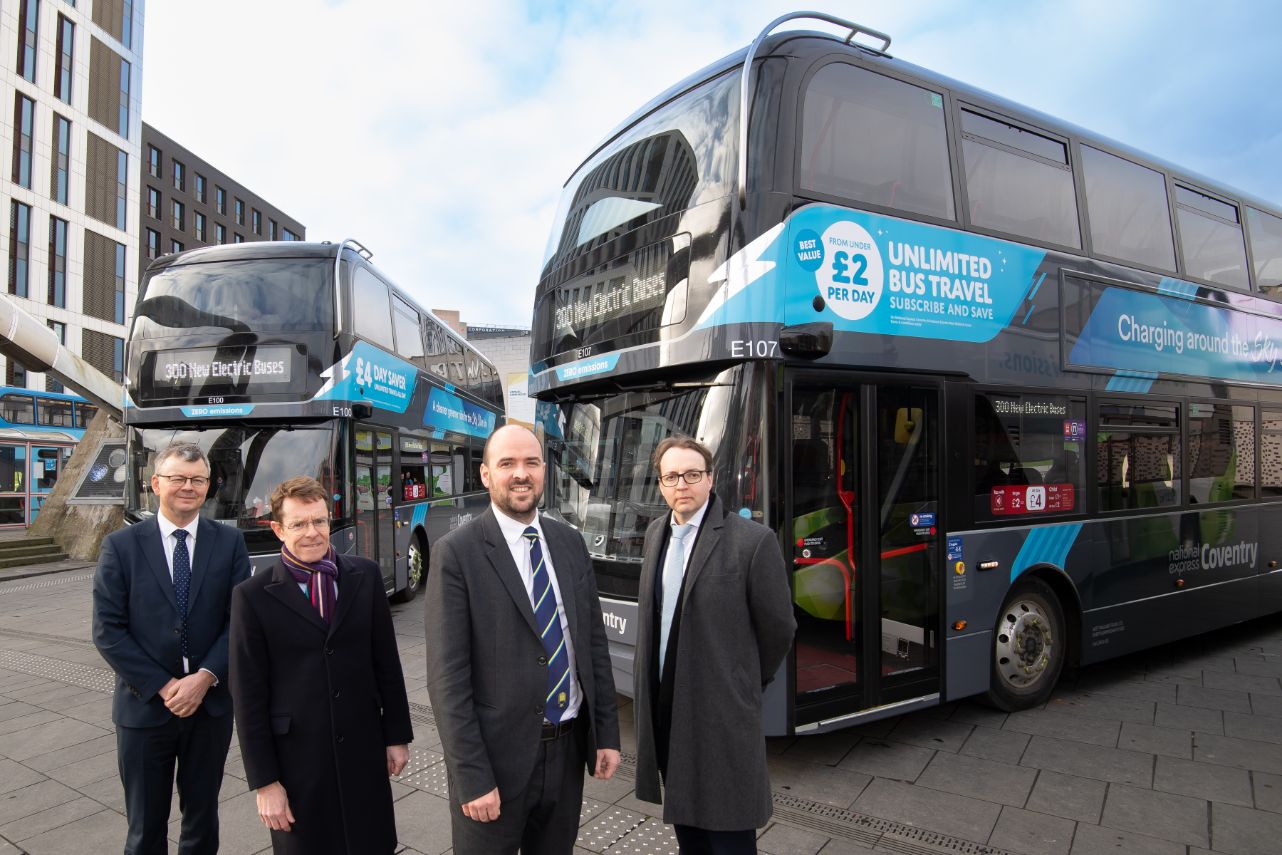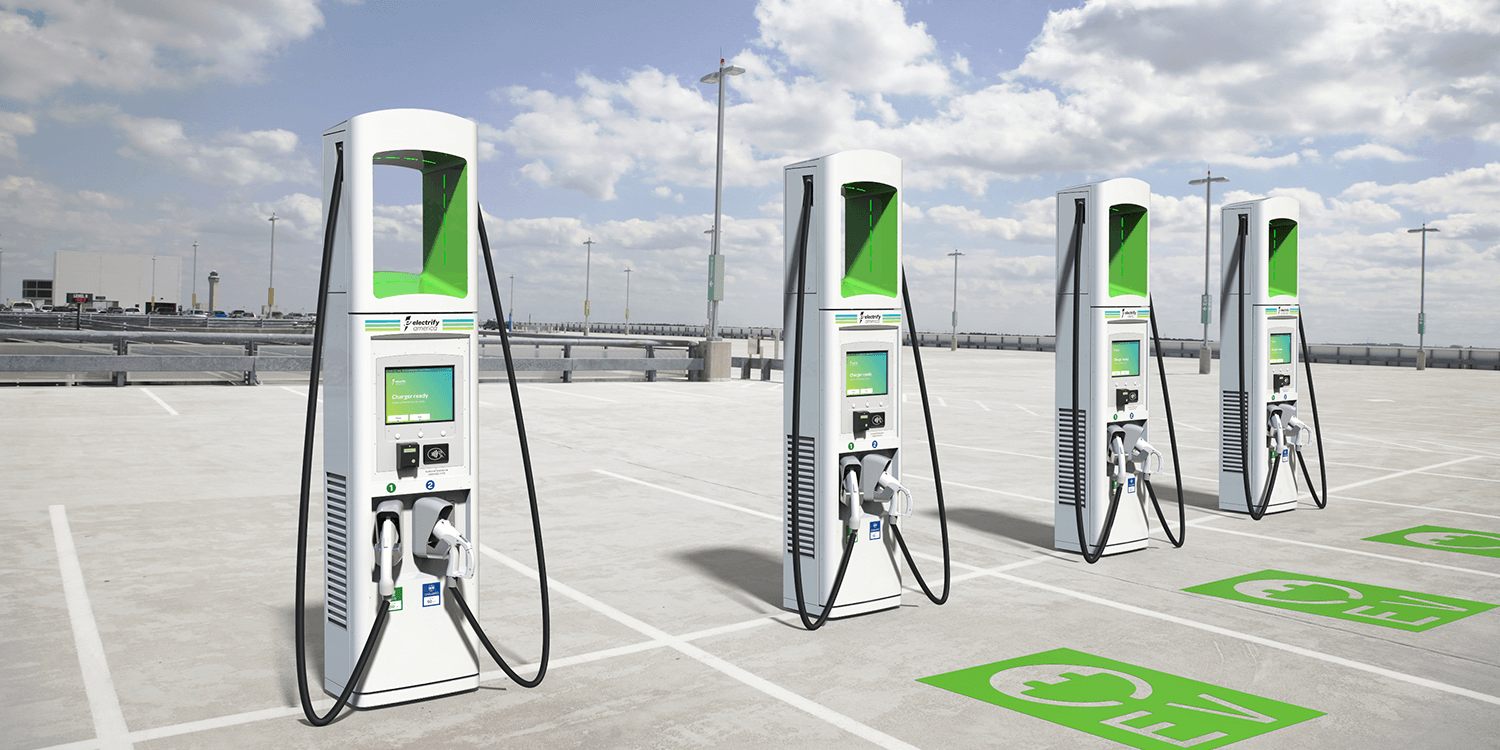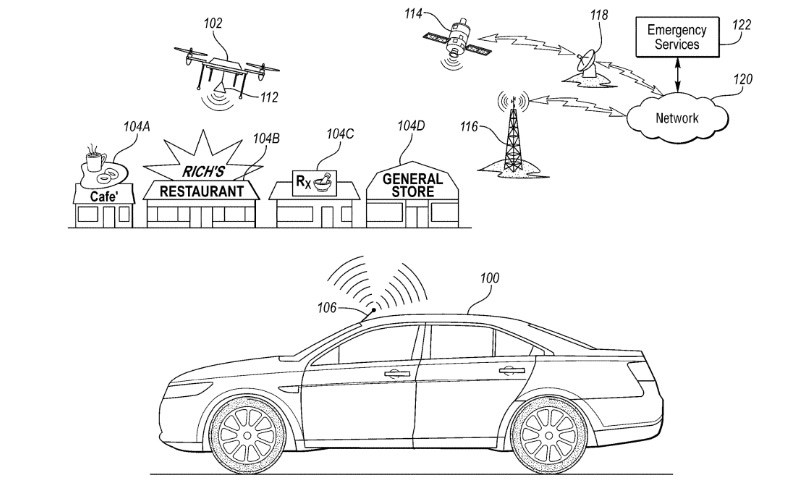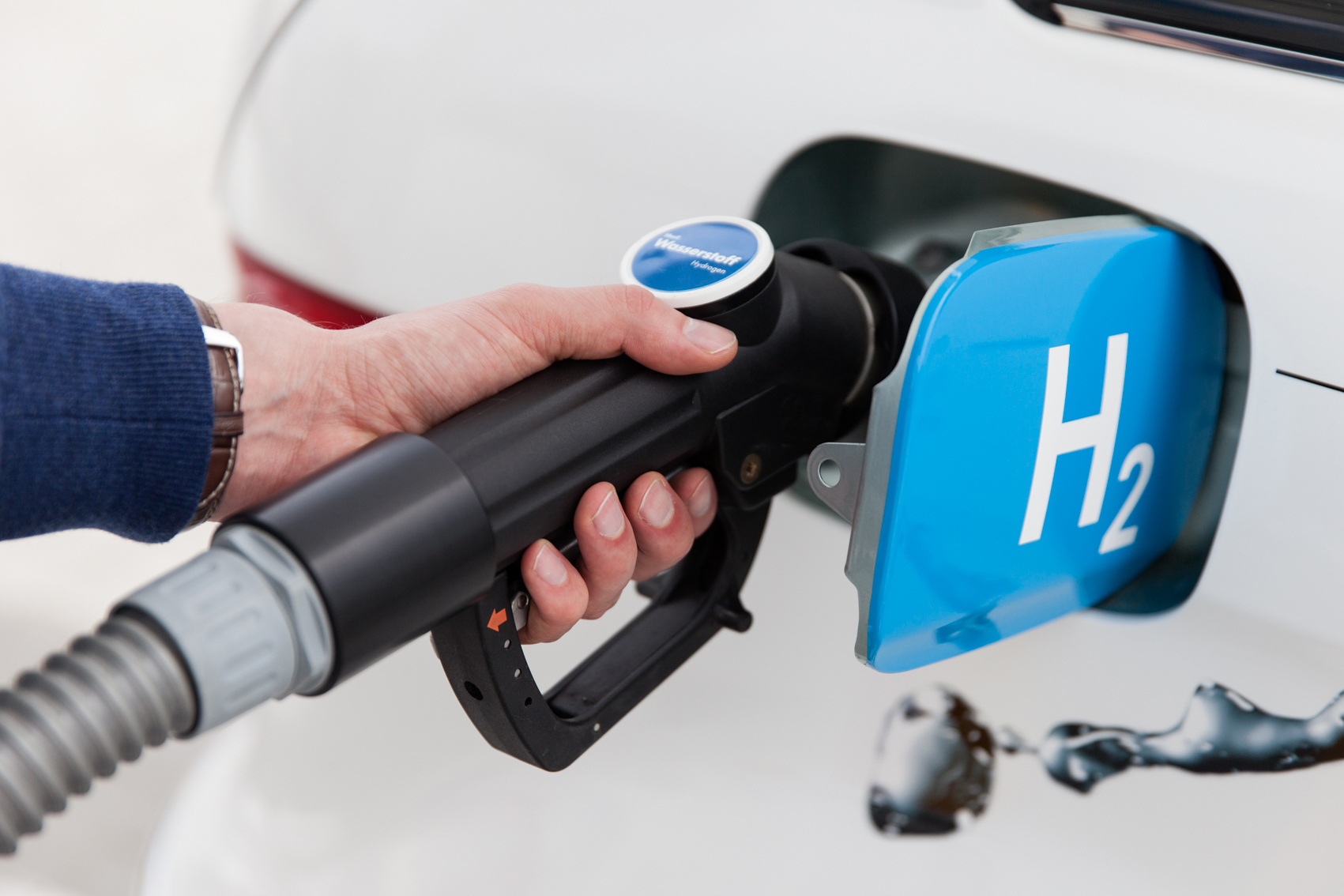Germany registered 632 zero-emission buses in 2022, a 7% increase from the previous year. This places the country second in Europe, behind the UK with 696 new e-bus and fuel cell bus registrations, according to data by Chatrou CME Solutions. In 2021, 555 battery-electric buses and 33 fuel cell buses were registered, double the figures from 2020.
Mercedes continues to lead the electric bus market, with 296 new registrations for their eCitaro model in 2022. VDL Bus & Coach followed close behind with 106 new electric bus deliveries, a position they held in 2021.
See also: BP Pulse places record-breaking order for EV charging stations from Tritium Charging
Solaris saw a rise in rankings to third place, delivering 70 zero-emission buses, including a greater number of fuel cell buses (42) than battery-electric buses (28) for the first time, according to figures from Chatrou CME Solutions. MAN took fourth place.
The number of zero-emission buses in Germany reached 1,901 in 2022, with the addition of 632 vehicles registered last year, according to PwC. However, there have been delays in deliveries, with transport companies BVG and Hamburger Hochbahn still waiting for e-buses. PwC’s forecast released in mid-2022 indicated a demand for 3,400 purely electric buses by 2025 and over 5,500 by 2030.
Volkswagen and BP plan to expand their electric charging partnership to other regions

